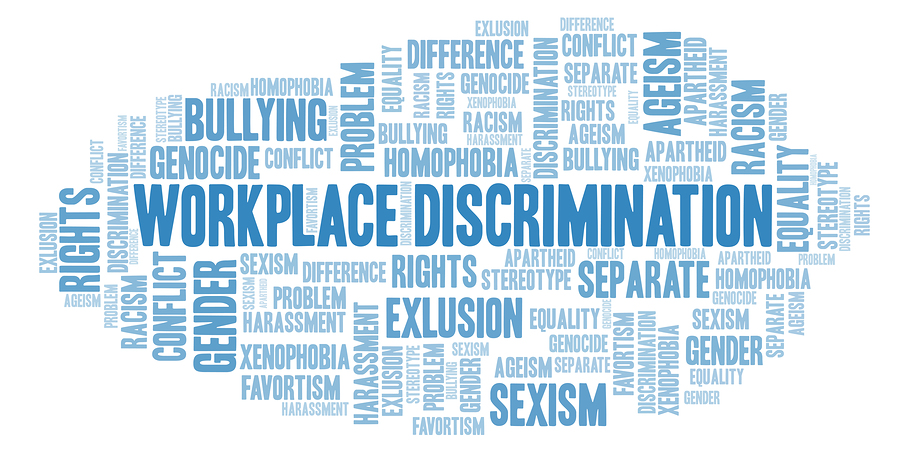Any type of child abuse is horrific, but child molestation is one of the most damaging types of abuse a child can suffer. Child molestation almost always affects a victim for the rest of his or her life in various ways, and it’s important for victims and their loved ones to understand the long-term effects of child molestation.
“Child molestation” is a relatively broad term that covers many possible scenarios. It may describe direct sexual conduct, groping, or rape, but it may also include indecent exposure or displaying pornographic material in front of children. Parents of molestation victims often worry about the long-term effects these experiences can leave on their children. The most obvious effect is psychological harm, which can manifest in many ways, including:
- Post-traumatic stress disorder (PTSD)
This condition is very common among combat veterans and individuals who have had traumatic or abusive experiences. PTSD triggers the “fight or flight” reflex, causing people to relive past traumas and have difficulty adjusting to normal life. - Depression
Although many people who suffer from depression are born with the condition, victims of abuse can develop depression as a result of their experiences. Although most people assume “depression” is equivalent to “extreme sadness,” most people with depression report lack of motivation, lack of energy, hypersensitivity, emotional distress, and general feelings of malaise as symptoms of their condition. - Behavioral and social problems
When children have traumatic experiences they do not fully understand, they often lash out in response. This lashing out can take many forms, but most abused children will have problems with academics including fighting, failing to focus in class, struggling to maintain acceptable grades, and having difficulty making and maintaining friendships. - Low self-esteem
Victims of sexual abuse may, unfortunately, start to believe they are at least partially to blame for their experiences or may feel “dirty” or damaged because of them. This can lead to severe self-image issues that persist for years. Talking to a San Diego molestation lawyer can really help. - Sexualized behavior
Children who suffer molestation may not fully understand what has happened to them or may try to act out their experiences on others. Children who experience sexual abuse will often develop unsafe sexual behaviors later in life. Many prostitutes and convicted pedophiles admit to their first sexual experiences being molestation as children, and they cite these experiences as reasons for their behavior as adults. Unfortunately, child molestation victims who do not receive proper psychological counseling and treatment for their experiences often go on to victimize others. - Anxiety and other mental health issues
Victims of child molestation who do not receive appropriate treatment may develop various mental health issues that make adult life difficult. These individuals may also have trouble with inappropriate or extreme emotional responses to stress as adults as well.
Our Woodland Hills molestation lawyers are compassionate and understanding when it comes to the sexual abuse of a loved one. Parents of child molestation victims need to ensure their children receive appropriate treatment after suffering any kind of sexual abuse. Some victims may appear to have recovered a short time after their ordeals. This is rarely the true story, and it’s important to address hidden or underlying issues after a molestation incident. There are countless resources and support networks for families in these situations, and adult survivors of childhood sexual abuse need to seek treatment for the long-term effects of their experiences.
http://keepkidssafe.org/6-ways-molestation-affects-adult-survivors/
https://nobullying.com/molested/

